REMIT’s newest dashboard features a selection of the newest research from our German partner, University of Bremen. The dashboard titled “Global Digital Governance: Values Expressed in Digital Bills of Rights” helps visualise the extensive research conducted, where over 300 individual documents were analysed and coded.
Reflecting on the dashboard, Dennis Redeker from the University of Bremen noted:
“The dashboard visualizes data, which is based on 321 Digital Bills of Rights published over the course of over thirty years. In the future, the Digital Constitutionalism Network, will take care of updating the dataset as new documents come out. This cooperation really enables the data compilation and publication that occurred during the course of the REMIT project to become a truly sustainable resource for research and other uses.”
The dashboard is based on the Digital Bills of Rights 1.0 Dataset. The dataset is a curated collection of 321 normative policy documents that express rights and governance principles to be entrenched in digital governance. With so-called “Digital Bills of Rights” (DBRs) from 1992 to 2023, the dataset was created by the Digital Constitutionalism Network (DCN) in collaboration with REMIT. It serves as a core empirical foundation for studying values and beliefs in global digital governance.
The dataset was built through a two-phase process. Initially, researchers compiled DBRs from existing academic collections. This base was then expanded through keyword searches, document tracing, and expert recommendations, focusing on documents that met three core inclusion criteria: (1) engagement with fundamental political and constitutional questions concerning digital technologies, (2) a (more or less general) defined political community as audience, and (3) aspiration toward formal recognition. Documents were selected across domains including internet, AI and platform governance.
Each document was hand-coded using 58 substantive codes (e.g., privacy, transparency, accountability) and 17 metadata codes (e.g., authorship, scope, stakeholder type). The coding process emphasized internal consistency and was supported by translation and basic intercoder verification. The result is a rich dataset capturing normative expressions from governments, civil society, international organizations, private firms, and multistakeholder initiatives.
Importantly, the dataset reflects a diverse but unevenly distributed global discourse as most documents originate from Europe and North America. Nearly one-third of entailed documents focus specifically on artificial intelligence. The dataset is designed for comparative analysis of value expressions across actors, regions, and time, making it an important tool for digital constitutionalism research and multistakeholder policy analysis, including the study of discourse coalitions. Currently under embargo until December 31, 2025, the dataset will be made openly available through the GESIS repository thereafter (GESIS Study No. SDN-10.7802-2731)
Full reference of the dataset:
Redeker, Dennis, Palladino, Nicola, Celeste, Edoardo, Santaniello, Mauro, & Padovani, Claudia (2024). Digital Bills of Rights. GESIS, Cologne. Data File Version 1.0.0, https://doi.org/10.7802/2731
(Please follow the link for the names of all coders and data curators, as well as a complete list of funders).

